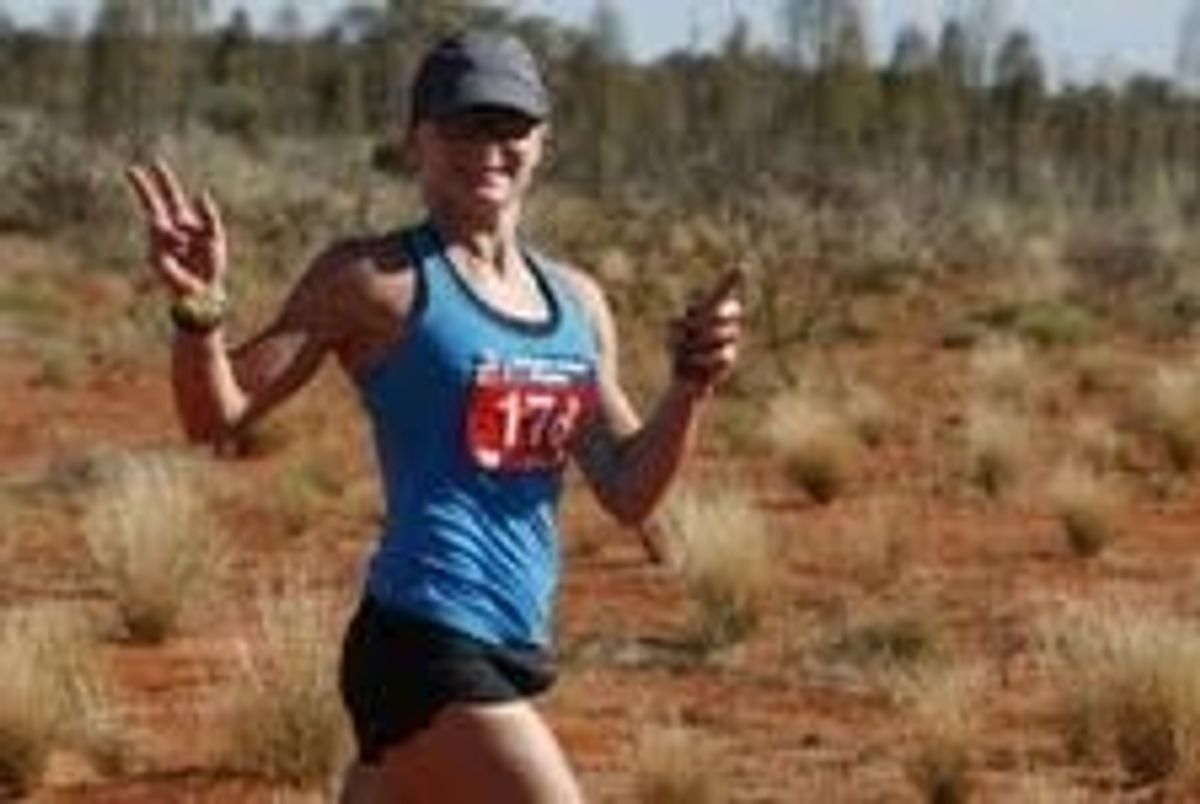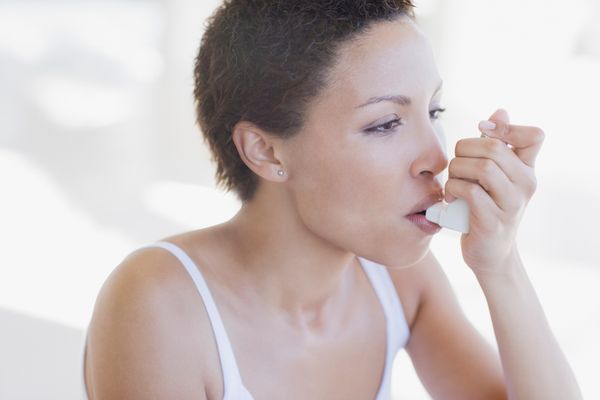By Brooke Curran
When I started running many years ago, it was really just an excuse to get out of the house. With three daughters under the age of 7, I enjoyed getting outside and running a couple miles to relieve stress and have some quiet time to myself. Over time, though, my interest in running became much more intense. Casual runs through my neighborhood turned into longer distances.
But my focus changed after Sept. 11, 2001. In that moment, I started to think about the big picture (as many of us in this country did) and realized the precariousness of life. That day, I decided to start crossing off items from my "bucket list," and running a marathon seemed like a logical place to start. Little did I know that it was just the beginning.
I ran my first marathon in 2002, and things gained momentum from there. At first I was focusing on my times and how I could get better with each subsequent race. But as I trained harder and grew faster, each race seemed less and less meaningful. That's when I decided that I wanted to do more with the sport than just be a better runner. I started to think about how I could do something bigger with my goals. In March 2009, I established the RunningBrooke Fund and made a commitment to run a marathon on all seven continents and in all 50 states to raise money for impoverished families in my hometown of Alexandria, Va.
Shortly after starting the RunningBrooke Fund, something happened to my body that literally stopped me in my tracks. During a training session in 2009, I experienced a shortness of breath and painful burning in my chest. The pain was so intense it felt like I was leaving a lung behind. I had gone through a physical the month before, so I knew that something was seriously wrong and that I needed to see a physician.
I was afraid that I would not be able to run again and would let down all the families I had pledged to help through my foundation. To get to the bottom of it, I went to see a respiratory specialist who, after exploring the cause of my breathing issues, informed me that I was suffering from asthma and exercise-induced bronchospasm (EIB).
I thought that asthma was something that manifested itself in childhood, and I had never heard of EIB before then, but it turns out that it is a common condition, affecting an estimated 30 million people in the United States. Thankfully, it is a treatable condition. My doctor prescribed me an albuterol inhaler, which I use 20 to 30 minutes before every workout and race.
With my EIB under control, I turned my focus back to making a difference through my marathon running. Now in addition to raising funds, I am raising awareness about EIB and asthma.
With the support of family and friends, I have run 49 marathons and worked my way through 37 states and six continents, with my sights set on finishing in the fall of 2013. To date, I have raised more than $150,000 for five local charities in Alexandria.
I continue to raise awareness about EIB as a means to educate those experiencing the same symptoms as me and encouraging them to seek diagnosis and treatment. As part of those efforts, I became a member of the board of Allergy and Asthma Network/Mothers of Asthmatics (AANMA) and have spoken on behalf of the organization on Capitol Hill. I want to help inspire adults and children with asthma to fulfill their dreams and know that this condition does not need to hinder them.
More information about Brooke's experiences running with EIB can be found at www.EIBActive.com and more information about the RunningBrooke Fund can be found at www.runningbrooke.com.

Running Through the Challenges of Exercise-Induced Bronchospasm: 49 Marathons to Raise Funds to Fight Poverty
Aug 08, 2012
Feb 06, 2025
Real Women, Real Stories





